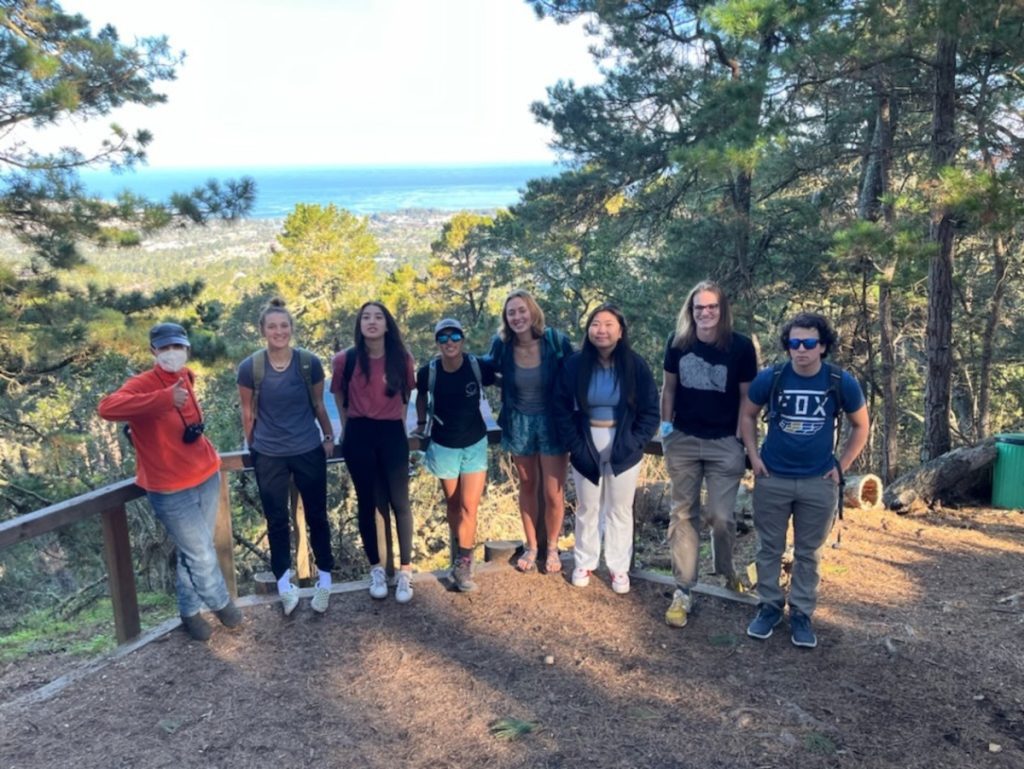This January five Middlebury College students and one alumnus participated in the following Middlebury Institute courses:
The Cuban Revolution was not just a historical event; on the contrary, it is an ongoing project. Led by Dr. George Henson, this course focused not only on the historical and geographical roots of the Cuban Revolution but also its present-day political, economic, diplomatic, and cultural realities, as they relate to education, healthcare, tourism, international relations, and trade. Correlative topics of race, gender, LGBT activism, the arts, and sports were also covered.
Students developed skills in program design, evaluation, strategic partnering, and facilitation of projects supporting the UN Sustainable Development Goals. Students also conducted appreciative inquiry interviews with local noprofits including Read to Me, Gathering for Women, Peacocke Acres, Big Sur Land Trust, and First Five Monterey County.
Frontier Market Scouts selects and trains compassionate and capable professionals to become talent scouts and investment managers serving local entrepreneurs and social-minded investors in low-income and weak-capital regions of the world.
FMS training instructors are leading practitioners in the impact space and work with organizations that include Omidyar Network, Cordes Foundation, Accion Venture Lab, and Unreasonable Group. Through the combination of teachings and applicable projects, participants walk away with a comprehensive understanding of who the key players in the impact sector are, how to design an innovative impact-focused business model, and what it takes to implement and scale a social venture.
Professor of History, Art, and Architecture, Pieter Broucke, will teach a spring graduate course at the Institute on Public Space and Development March 23-April 10.
Architecture may be defined as the deliberate transformation of the natural environment into a cultural environment. It should also be seen as a means for building (literally!) sustainable solutions to problems pertaining to public space, access, and identity. In this course, students will explore the intersection between architecture and development through case-studies that range from the large to the small, all centered on a number of typologies: markets, schools, places of worship, clinics, transportation nodes, water points and more. Students will work in teams to analyze existing solutions to significant development problems that involve the use of public space. They will then create alternative solution strategies that incorporate systems thinking, human-centered design, development theory, and, sound public policy.
MIIS Center on Terrorism, Extremism, and Counterterrorism Deputy Director Kris McGuffie (College and Institute alumna) will be traveling to Vermont in March to provide information on an International Security Simulation taking place in Monterey September 5-6. There are six funded spots for College students to travel to Monterey to participate. Contact kmcguffie@miis.edu for more information.








